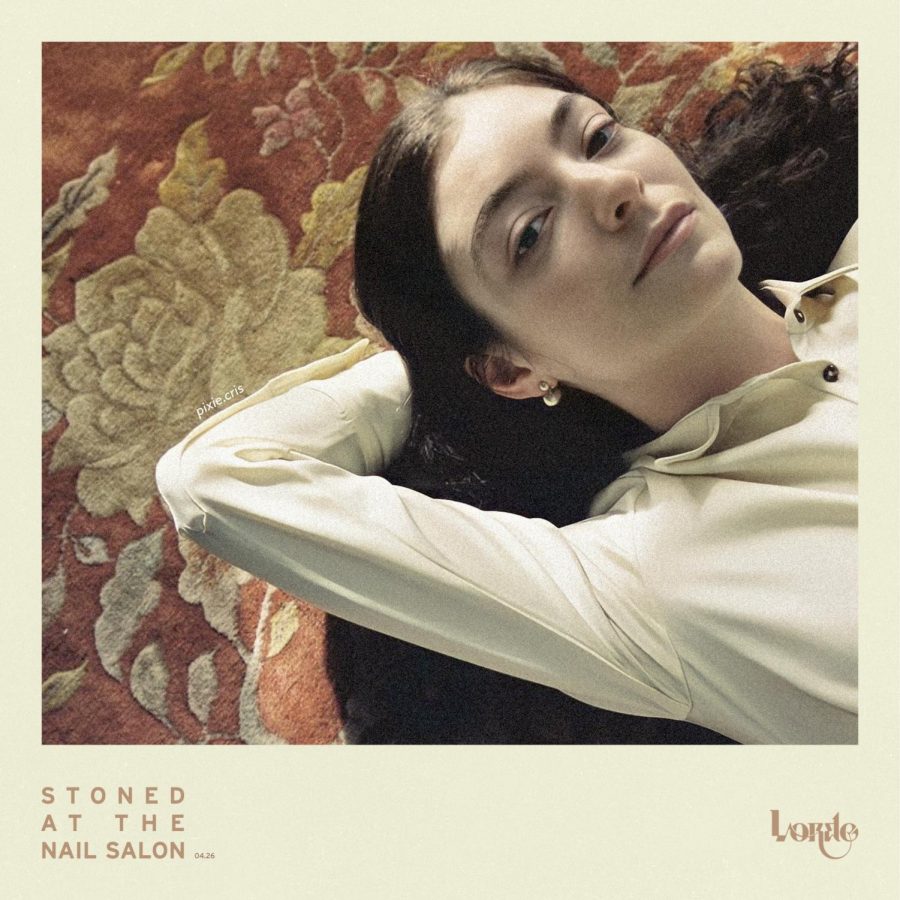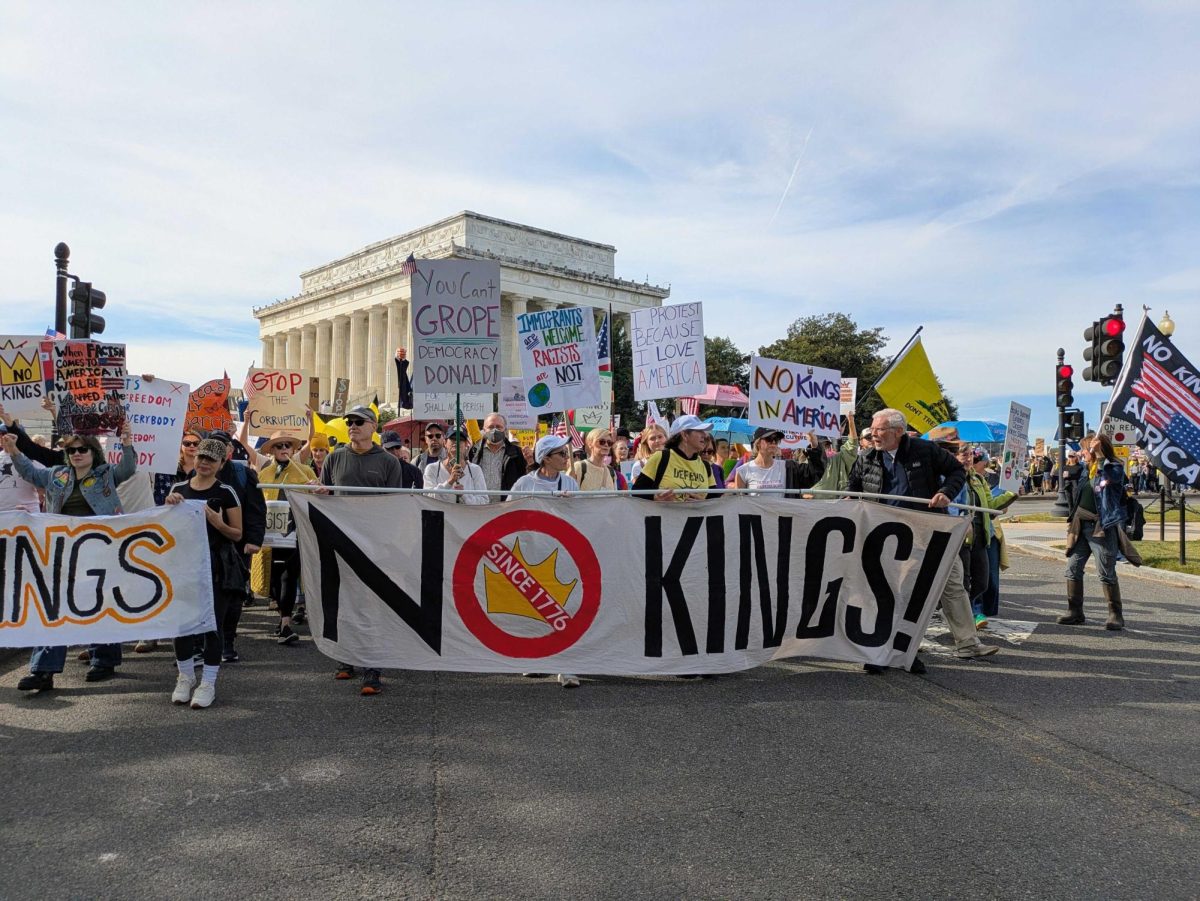Lorde illuminates her discography with new album
Lorde releases photos for song “Stoned at the Nail Salon” as featured on the newly released album “Solar Power.”
September 7, 2021
Following a four-year hiatus after the release of 2017’s “Melodrama,” Ella Yelich-O’Connor, better known by her stage name Lorde, announced her third album “Solar Power” along with release of the lead single of the same name in late June. The entirety of its release was on Aug. 20.
Her previous two albums, “Pure Heroine” and “Melodrama,” have a distinctly dark aura, whether that be through the mode of sound, lyricism or both.
Wrapping up a tour for her sophomore album, O’Connor retreated to her native homeland New Zealand, but her travels didn’t stop there.
The singer deeply invested herself in the global climate crisis, visiting Antarctica on her quest for knowledge and self-education.
Throughout “Solar Power,” connections to the natural world are evident, and O’Connor leaves subtleties to listeners of awareness for our planet.
A long-awaited release paid off on the charts for the singer-songwriter, reaching the top of Billboard’s Alternative Albums chart. Her two previous albums achieved this honor as well.
O’Connor did not set out on “Solar Power” solo; Jack Antonoff of the band Bleachers assisted greatly in both writing and producing the album. Antonoff is well-known for his work with other artists as well, including big names such as Taylor Swift, sharing credit in the success of 2020’s Grammy-award winning album “folklore.”
“Solar Power” features 12 tracks with a 46-minute runtime.
Let’s take a dive into several of these songs:
“Solar Power,” the album’s lead single, introduces the light, joyful sound Lorde accomplishes cohesively throughout the “Solar Power” album. The lyric “Can you reach me? No, you can’t,” sparked a TikTok trend, letting users on the platform take their own personal narrative on the lighthearted, carefree attitude O’Connor promoted through the song.
“Stoned at the Nail Salon” is the link between “Melodrama” and “Solar Power,” with lyricism that is similar to her second album, in the sense of using distractions and indulgences to ignore the uncertainty of life.
“’Cause all the music you loved at sixteen, you’ll grow out of,” she sings, reaching out to relate to the listener about the struggles of growing older, similar to her lyricism in “Ribs” (2013), repeating “it drives you crazy getting old.”
“Fallen Fruit,” the fifth song on the album, has Lorde singing about all the detrimental factors that affect our environments, with her pleading not to make her choose what we can and cannot save on our planet given our circumstances.
“Secrets from a Girl (Who’s Seen It All)” follows a similar theme as “Stoned at the Nail Salon,” as O’Connor talks about her fears of growing up.
The singer sends a message to the listener to trust oneself and to hold out hope for the future, saying, “Everybody wants the best for you / But you gotta want it for yourself.”
Lorde closes “Solar Power” with “Oceanic Feeling,” touching on the intimate memories of life, family and future.
The album closer has an easy feeling, despite the deep lyrics, following the idea that you can look back on life and use your past to fuel your future purpose.
LIA EBERLEIN





